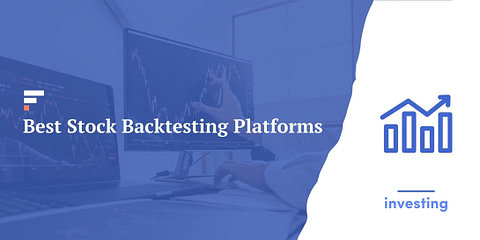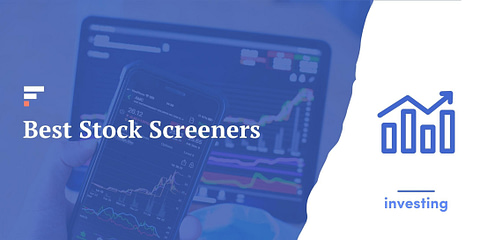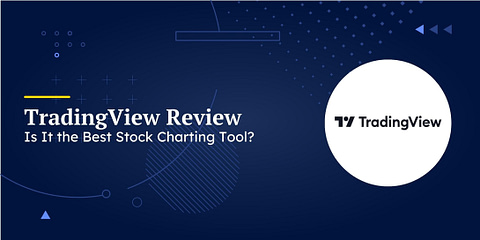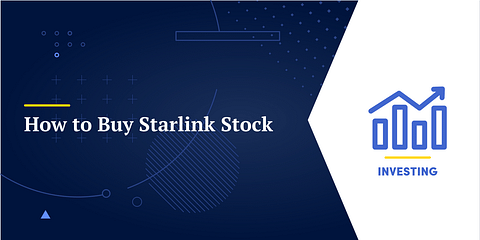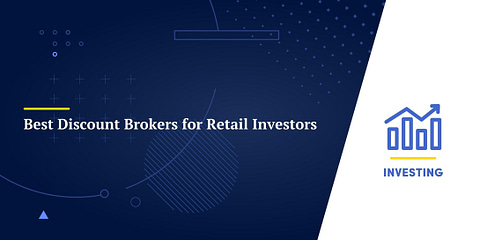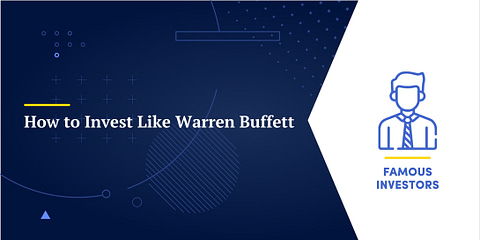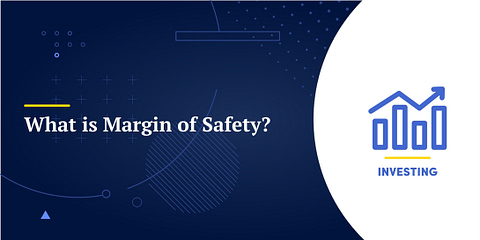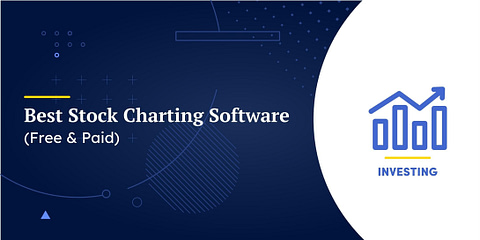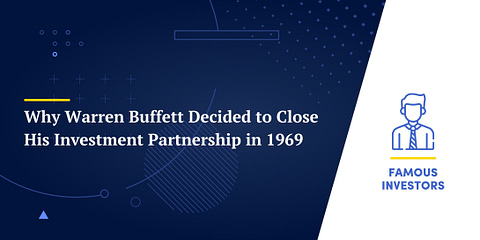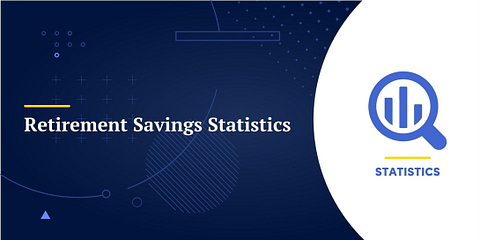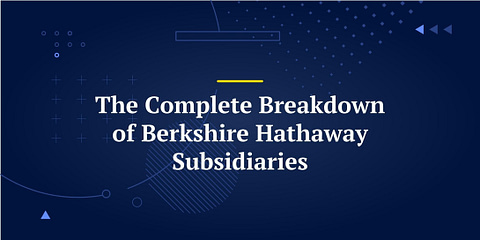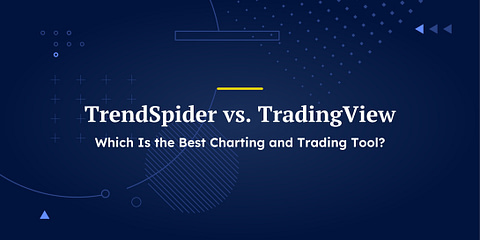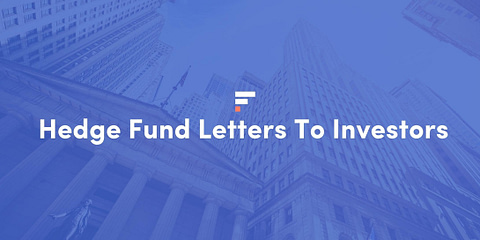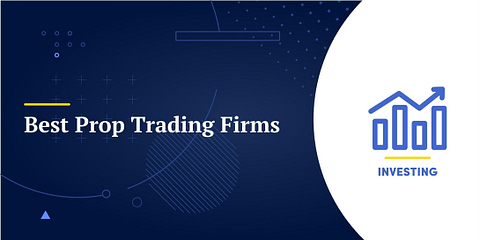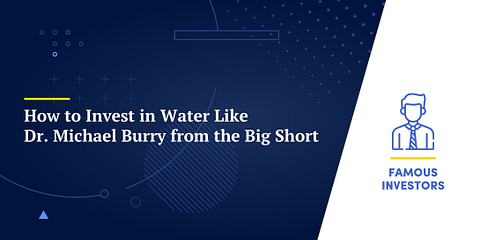Increasing numbers of investors are trying to use their investments to promote their values, a process known as ESG investing. For many, this means avoiding companies that they see as harmful and seeking out companies that they believe are supporting a sustainable future.
ESG – Environmental, Social, and Governance – is a general term used for the practice of tailoring investments to conform to personal values and beliefs about environmental protection and social change. The term is interpreted in different ways by different investors, and there’s been a great deal of discussion over whether ESG investing is profitable.
Let’s take a closer look.
How Does ESG Investing Work?
ESG investors evaluate prospective investments according to three main criteria.
- Environmental. Investors look at a company’s carbon footprint, its use of renewable energy, its pollution record, its record of using environmentally sensitive suppliers, its public position on climate change, and similar factors.
- Social. ESG investors look for companies that pay fair wages and insist that their suppliers pay fair wages. They also look at hiring practices and diversity in the boardroom and the workforce and at the company’s record of including women, minorities, and other disadvantaged groups.
- Governance. Does the company’s management actively seek sustainability? Is executive compensation balanced with that of employees? Does the company actively protect the interests of customers, workers, and shareholders?
Evaluating these criteria is not always easy, especially in an age where “greenwashing” – publicizing a superficial effort at sustainability while pursuing unsustainable practices behind the scenes – is common. Investors have to look closely at companies and evaluate them according to their own criteria.
👉 For example: If a fossil fuel company has an excellent diversity and inclusion record, pays its employees well, and offers best-in-class environmental practices for its industry, does it deserve inclusion in an ESG portfolio? Some might say yes, and some might say no. It’s a decision that investors need to make according to their own priorities.
Approaches to ESG Investing
Investors typically take two approaches to ESG investing.
- Negative screening eliminates investments in industries or companies perceived to be incompatible with ESG criteria. Many ESG investors avoid industries like fossil fuels, armaments, alcohol, tobacco, and others they see as actively harmful.
- Positive screening involves seeking out companies that are perceived to make positive contributions to sustainability, like renewable energy and environmental protection, or companies with strong social and governance records.
Investors may use one system or the other or combine them.
🖐️ The Securities and Exchange Commission is currently discussing rules that would make ESG disclosures mandatory in company annual reports, which could make selecting an ESG portfolio easier.
ESG Mutual Funds and ETFs
Screening companies for ESG ranking is not easy and requires extensive research. If you don’t have the time or the expertise to conduct your own screening process, you can consider using mutual funds or Exchange-traded funds (ETFs) organized on ESG principles.
Mutual Funds and ETFs are similar. Both are packages of equities or other investment instruments selected by fund managers. They still have several important differences.
Exchange-Traded Funds (ETFs)
ETFs are bought and sold on exchanges, just as stocks are. You can buy and sell at any time. They track a stock index and usually have relatively low management fees.
Mutual Funds
Mutual Funds are not traded on an exchange. If you buy shares, you will buy from the fund, and transactions take place at the close of a business day. Some closed-end funds may be fully subscribed, and shares may be unavailable. Mutual funds may be passively or actively managed. Management fees are usually higher than those of ETFs, and some funds may have substantial minimum investments.
Advantages and Disadvantages
A mutual fund or ETF will achieve a higher degree of diversification than selecting stocks yourself and takes much less time: professional managers do the screening for you. The disadvantage is that you may have to look to find funds that match both your values and your investment goals.
Most ESG ETFs track one of the many ESG-focused indexes that are now available. For example, the popular Invesco MSCI Sustainable Future (ERTH) ETF tracks the MSCI Global Environment Select Index.
ESG mutual funds may also follow an index, but many are actively managed. The fund managers will evaluate the companies themselves and select those that conform to the fund’s ESG criteria. This allows you to select a fund with criteria that conform closely to your own values, but you’ll also pay higher management fees than you would for an index-linked fund.
☝️ Whether you choose a mutual fund or one of the best ESG ETFs, you’ll need to examine the fund’s holdings and ESG criteria carefully to be sure that they are consistent with your values and your investment goals.
Is ESG Investing Profitable?
It’s important to make investments that reflect your values, but most investors also want returns.
ESG supporters point out that companies complying with ESG criteria are likely to be forward-looking enterprises with strong futures and are less likely to encounter environmental compliance issues, labor conflicts, or internal scandals.
Investors overall seem to believe that ESG investments are profitable. A 2021 poll found that only a small minority thought ESG investing was unprofitable. 69% of frequent investors classed ESG investments as “very profitable” or “somewhat profitable.”
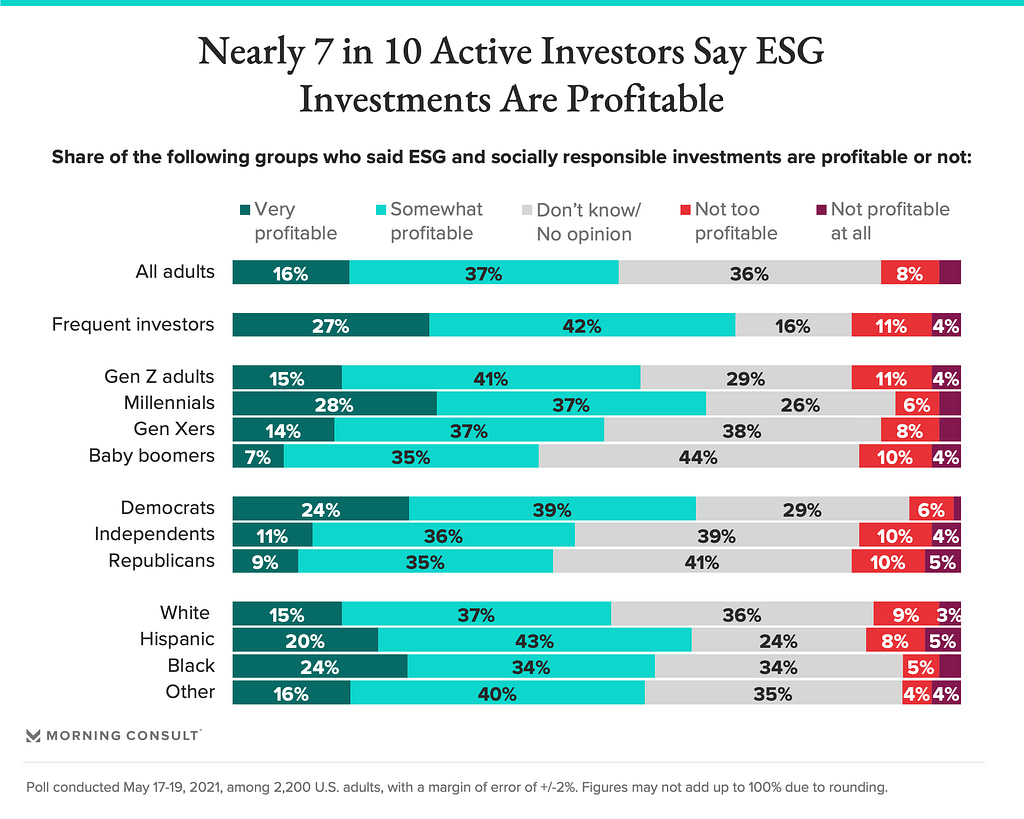
Actual studies of returns from ESG and non-ESG portfolios have yielded mixed results.
- A study from Morgan Stanley found that “sustainable equity funds” outperformed regular funds by 4.3 percentage points in 2020.
- Reuters reported that ESG funds fell 9.2% in January 2022, against a 5.3% drop in the SPX, driven mainly by declines in the tech sector.
- A study from Vanguard Funds found that “ESG funds have neither systematically higher nor systematically lower raw returns or risk than the broader market.”
- Fidelity found that ESG Funds outperformed the market by a small margin, though they note that there’s no assurance that this will continue.
In short, the returns generated by ESG funds don’t appear to be worse than those of the market in general and could be better in some periods.
Some Questions About Profitability
Not all investors agree that ESG investing is profitable. Dissenters point out that ESG criteria remove entire industries from investment portfolios, reducing diversification and eliminating potentially profitable investments. They also claim that evaluating companies on non-financial grounds is inconsistent with the entire premise of investing.
These voices also cite evidence.
- An article in Harvard Business Review claims that ESG funds generate inferior returns.
- A study from Columbia University claimed that companies represented in ESG funds do not have significantly better compliance with environmental and labor laws than those that are not.
Why the differences? One reason might be that some ESG investing decisions may be based on voluntary ESG disclosures or signing the United Nations Principles of Responsible Investment, rather than actual ESG performance. ESG investors may reward companies that talk about ESG principles rather than those that actually follow them.
Different investors and different analysts may also have very different definitions of “ESG investing.”
Studies performed in different market conditions may also generate different results. Many ESG funds are tech-heavy and do well in expansionary periods when investors are rewarding tech stocks. They may underperform during contractions when investors tend to favor the stability and dividend payments offered by more traditional industries.
A Decision for Each Investor
ESG investing is here to stay. It’s a strategy that’s rising in popularity and has delivered satisfactory results for many investors.
If you decide to adopt an ESG strategy, you’ll have some decisions to make. You’ll have to decide what your personal ESG criteria will be and you’ll have to select investments – whether companies or funds – that conform to those criteria.
That takes some work, but once it’s done you’ll have money invested for your retirement and the security of knowing that your investments are not undermining your personal beliefs.

